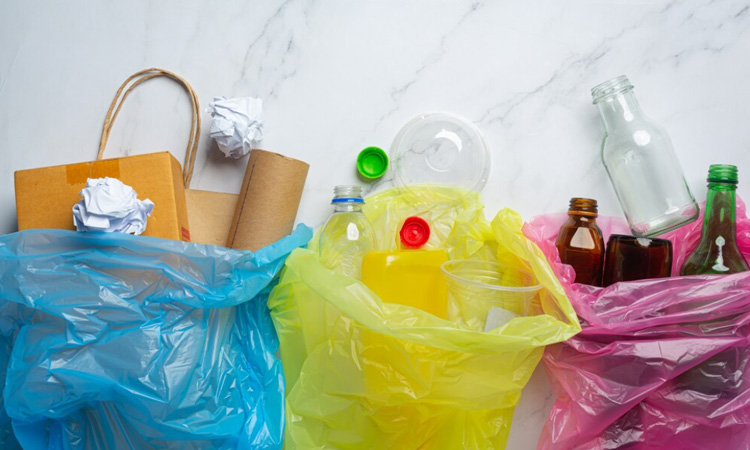Plastic waste is a significant environmental issue, but there are eco-friendly ways to manage it. Here are some approaches to handle plastic waste:
- Recycling: One of the most common methods involves collecting plastic waste, processing it, and creating new products. Recycling reduces the need for new plastic production and conserves resources.
- Upcycling: Transforming plastic waste into new products or materials of higher quality or value. This creative process offers a second life to plastics that might otherwise end up in landfills.
- Waste-to-Energy: Some facilities convert non-recyclable plastics into energy through processes like incineration, which generates electricity or heat. While controversial, it’s a method used in some areas to reduce landfill waste.
- Bioplastics: Developing biodegradable or compostable plastics derived from natural sources such as cornstarch or sugarcane. These materials break down more easily than traditional plastics, lessening their impact on the environment.
- Source Reduction: The best way to manage plastic waste is by reducing its usage. Using eco-friendly alternatives and cutting back on single-use plastics can significantly reduce waste production.
- Composting: Certain biodegradable plastics can be composted along with organic waste. This method contributes to enriching the soil, making it a more sustainable option.
Remember, adopting these practices starts with our everyday choices. By supporting recycling, choosing eco-friendly products, and minimizing the use of single-use plastics, each of us can contribute to a cleaner environment.
By employing these techniques and making mindful choices, we can collectively manage plastic waste, contributing to a healthier planet.
Next On Your Reading List:


